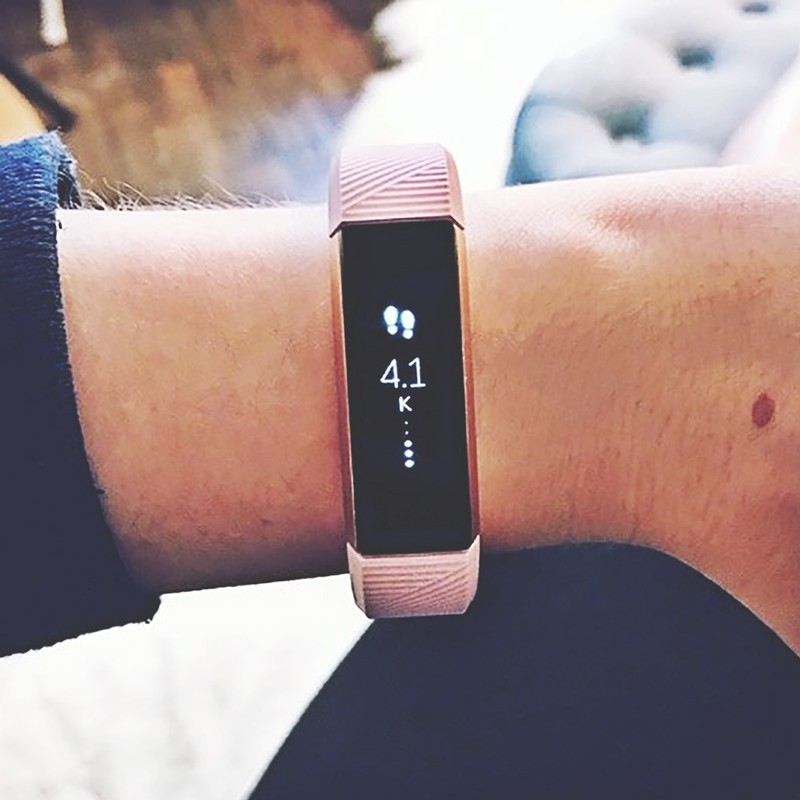Is It Time To Ditch Your Fitbit?
What’s the latest?
According to the recent BBC documentary The Truth About Getting Fit, having fewer steps at a brisker pace could have more impact on your health than 10,000 steps at a lower one.
Host Michael Moseley and researchers from Sheffield Hallam University conducted an experiment, tasking one group of volunteers with taking 10,000 steps a day, and another with three brisk 10-minute walks (equivalent to around 3,000 steps). The results were surprising – the 10,000 steppers not only struggled to meet their daily goal but broke less of a sweat than those doing the ‘Active 10’, who achieved 30% more moderate-to-vigorous activity despite moving for less time. As Moseley says, “It’s when you’re doing moderate intensity activity that you’re starting to get the greatest health benefits”.
Remind us where the 10,000 target originated from?
This is where it gets even more interesting – the study also revealed the 10,000 step target was first suggested in a Japanese marketing campaign in the run-up to the 1964 Tokyo Olympics. A company created a pedometer device called Mapo-Kei (which translates as ’10,000 Steps Meter’) in a bid to encourage citizens to be more active – the idea was that by increasing the population’s average daily steps from 4,000 to 10,000 it could help them burn off an additional 500 calories and get in shape. The bottom line? We’re striving to reach a seemingly arbitrary target devised over 50 years ago – the 10,000 step target actually has little scientific backing.
So what should we be doing instead?
According to the BBC study, you’re better off sticking to short bursts of walking – think fast walking to the Tube, popping out at lunch, and again on your way home – instead of being set on your 10,000 steps. And although nothing new, the findings also reiterated the benefits of HIIT training, with a short burst of activity such as a sprint apparently as effective as a 45-minute run. The study also found people who cycled for just 40 seconds three times a week recorded a significant improvement in their fitness levels as well as a reduced risk of heart disease.
So is this the end of the fitness tracker?
If these recent studies are anything to go by, hitting 10,000 steps may not be all it’s cracked up to be. And if you live by your Fitbit, research has also suggested it could be making you gain weight. How exactly? When people exercise, they often compensate for calories burnt by eating more; and if you’re wearing an activity monitor, this could exacerbate the situation, with people more likely to reward themselves with food for hitting specific targets.
Separate studies have also found fitness trackers are unreliable at keeping tabs both on calories burned and heart rate readings – one experiment found the Fitbit devices’ heart rate readings could be as much as 23 beats per minute off compared to the number recorded by an electrocardiogram.
The bottom line?
If you’re a sedentary desk worker who struggles to get their steps in, there is now very compelling evidence to suggest three 10-minute walks spaced throughout the day really is all you need.
DISCLAIMER: We endeavour to always credit the correct original source of every image we use. If you think a credit may be incorrect, please contact us at info@sheerluxe.com.


